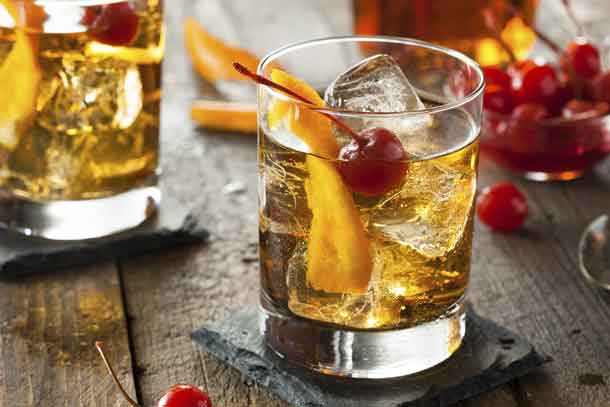TORONTO – “We are absolutely shocked and dismayed that the federal government has decided to saddle Canadian Spirits manufacturers with higher taxes at this time, knowing full well that such a decision will lead to more layoffs and plant closures”, said Jan Westcott, President & CEO of Spirits Canada.
The federal Budget imposed an immediate increase in the federal excise duty on Spirits from $11.696 per litre of absolute alcohol to $11.930 per litre of absolute alcohol. The excise increase of approximately 7 cents per 750 ml bottle of 40% abv spirits will raise retail prices by 20 cents at retail for most brands.
Thunder Bay does not have any spirits distillers. However Justin Frape of Frape and Sons who make bitters comments, “While we are thrilled to retain our cocktail bitters distillery in Thunder Bay, the imposition of additional taxes on beverage alcohol at both the federal and provincial level of late, further reinforces that our investment in an American beverage alcohol distillery is wise”.
Frape and Sons (F&S) is a boutique bitters distiller, formulator and bottler based in Thunder Bay, Ontario, Canada. Equipped with brewing and distillation equipment from the hills of Kentucky and Tennessee, Frape and Sons makes batches of no more than 500 bottles at a time using ingredients local to the province of Ontario.
Canadian Spirits manufacturers already bear amongst the very highest tax burden of any major spirits producing region in the world. Over the past 10 years alone, federal excise duty revenues from spirits have increased a stunning 50%. While representing 23% of the value of alcohol sales in Canada, Spirits now generate 45% of federal beverage alcohol excise duty revenues.
The decision to increase federal excise duty rates on beverage alcohol undermines the Government’s own objective of creating a business environment where manufacturers, particularly processed agri-food producers, can thrive and export abroad successfully.
“This appears to be a classic example of “cutting off one’s nose to spite one’s face”, said Mr. Westcott. “Higher excise taxes will reduce industry investments in our plants and brands, force a scaling back of innovation, depress sales, reduce our grains’ purchases from Canadian farms, and lower our new export market development”.
The Budget also proposes to increase automatically the excise duty rates on all beverage alcohol products by the Consumer Price Index (CPI) on April 1st of every year.
The Budget proposal to automatically adjust federal excise duties to CPI is a return to the failed policies of the past. Between 1981 and 1986, annual automatic adjustments to alcohol excise duties resulted in massive job losses, and plant closures across the country.







